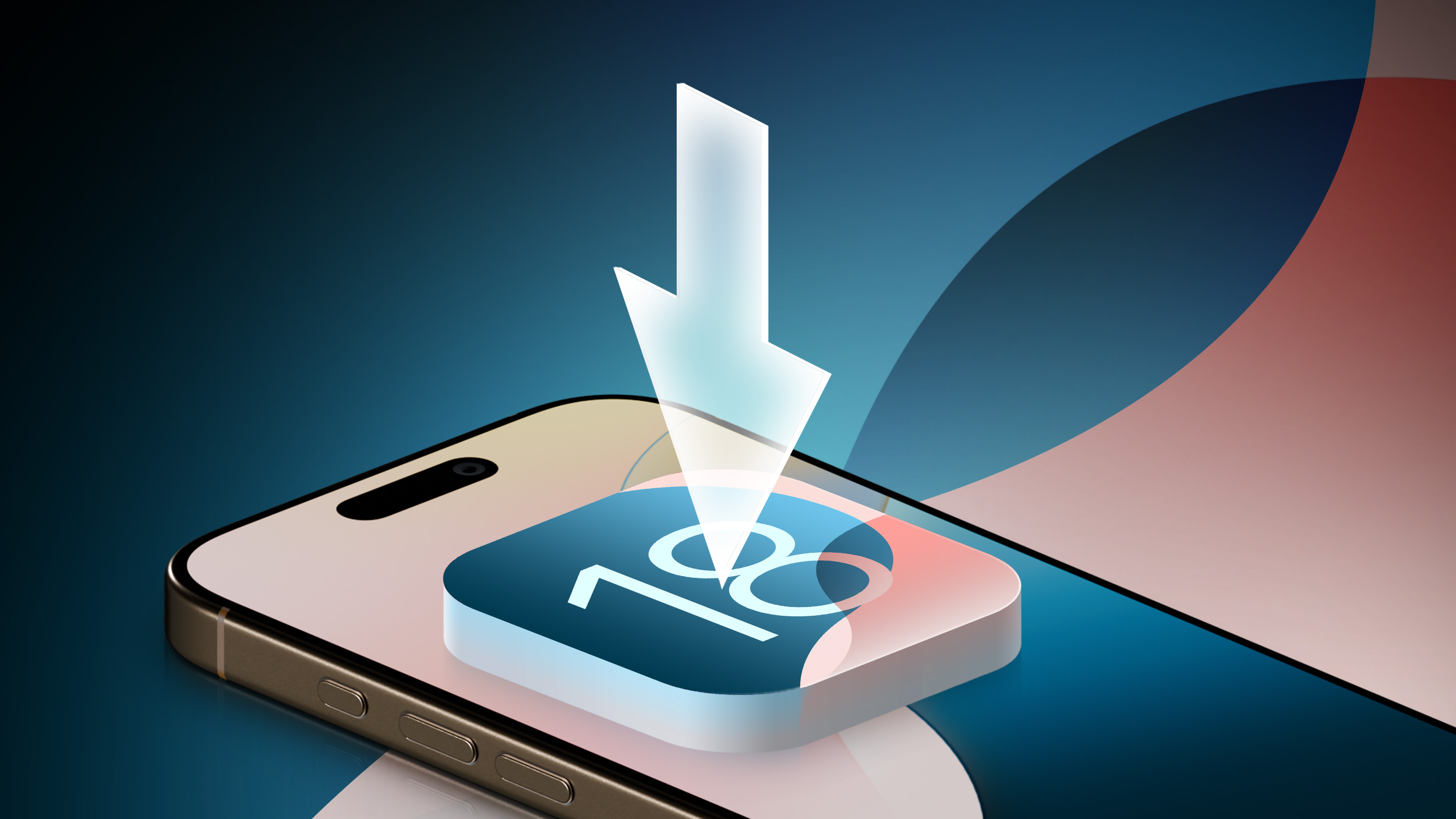
iOS 18 adoption has outpaced iOS 17 adoption during the same timeframe last year, according to new iOS 18 adoption statistics that Apple shared today.

iOS 18 is now installed on 88 percent of iPhones introduced in the last four years (iPhone 13 and newer), and 82 percent of all active iPhones. iOS 18 adoption has grown notably since earlier this year. In January, 76 percent of iPhones introduced in the last four years had iOS 18 installed, while 68 percent of all iPhones were running the update.
Compared to last year, iOS 18 is more popular than iOS 17. In June 2024, 86 percent of all iPhones from the last four years had iOS 17, while 77 percent of all iPhones were running it.
As for the iPad, iPadOS 18 is currently installed on 81 percent of iPads introduced in the last four years, while 71 percent of total devices run iPadOS 18. iPadOS 18 has also been adopted more rapidly than iPadOS 17 in June 2024. During that time period, iPadOS 17 was installed on 77 percent of all iPads released in the last four years and 68 percent of all iPads.
Apple Intelligence features in iOS 18 like Writing Tools, Genmoji, Image Playground, and notification summaries may have spurred the uptick in adoption between iOS 17 and iOS 18.
Apple views software updates as an integral part of the iPhone usage experience. Apple is able to deliver new functionality to older iPhones on a regular basis, plus the frequent updates that Apple rolls out address bugs and ensure the best protection from security vulnerabilities.
Apple says that providing iPhone users with new features over multiple years is something that is unique to the iPhone because of the deep integration between hardware and software. Apple views software updates as a way to provide value to customers over a long period of time, enabling them to hold onto their devices for years while still getting new experiences.
The newest version of iOS is set to debut next week at the Worldwide Developers Conference. We'll get a look at iOS 18's successor, which rumors say will bring some major design changes and exciting new features.
Article Link: Here's How Many iPhones Are Running iOS 18

